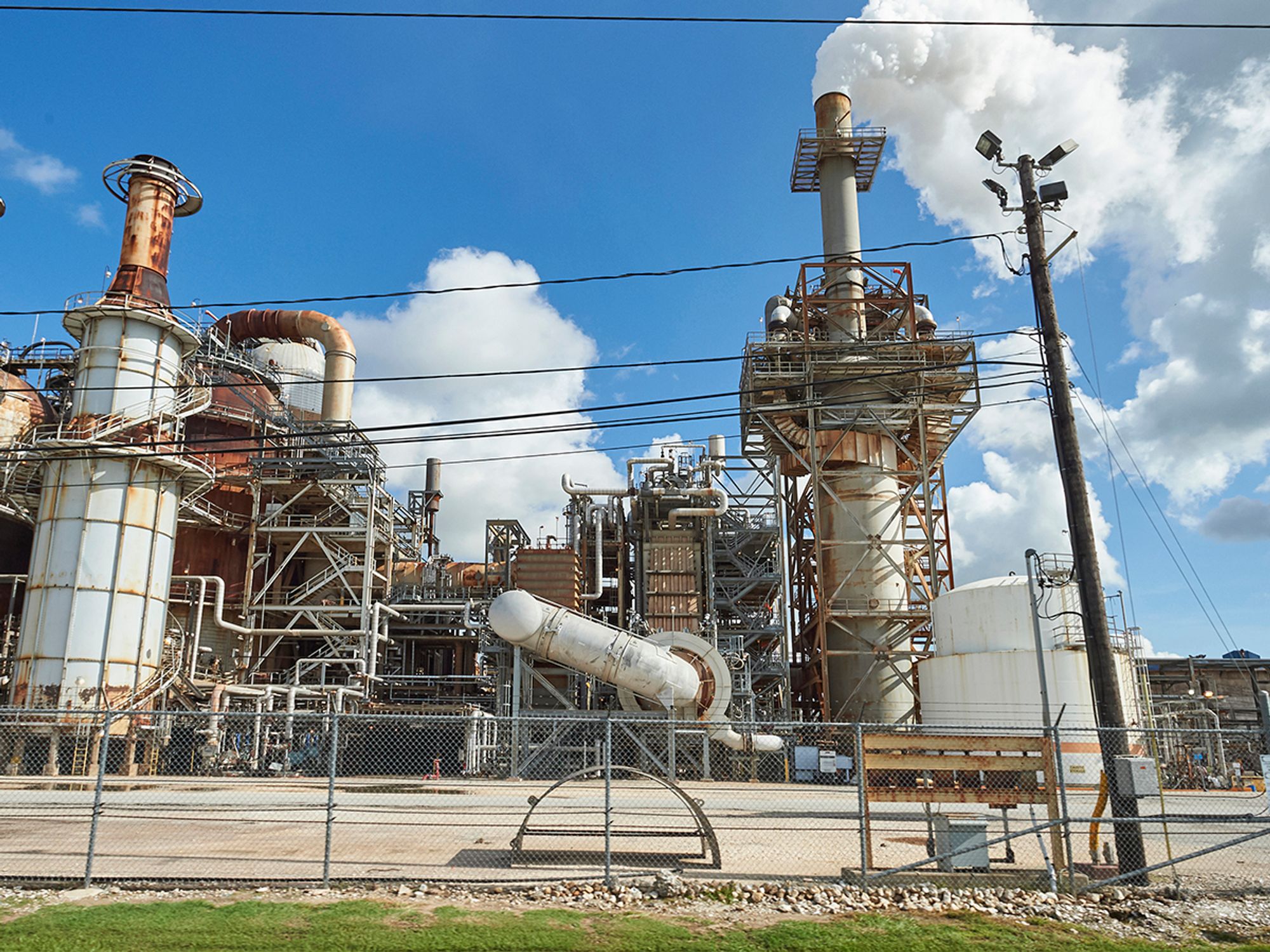Types of alternative energy

- Nuclear energy and natural gas are two examples of alternative energy sources.
There are further alternatives to conventional energy that are not necessarily renewable. Even though these are alternative energy instead of renewable energy, they use energy more efficiently than historic technologies. In doing this, they assist in making energy supplies that are already present last longer. They provide more time before stored fossil and atomic fuels run out. Nuclear energy and natural gas are two such examples of alternative energy sources.
Nuclear energy
Nuclear energy is carbon-free. A nuclear power plant does not release any carbon dioxide, or any other types of greenhouse gases. It is not renewable because nuclear reactors use uranium, and if uranium gets used up, humans cannot get it back.
Natural gas
Most of the natural gas in the United States is classified as a fossil fuel since it is created from sources developed over millions of years through heat and pressure applied on organic matter. The majority of natural gas is taken from wells or removed together with crude oil generation. Additionally, natural gas can be excavated from subsurface porous rock reservoirs through mining methods like hydraulic fracturing. Renewable natural gas or biogas is an alternative energy source and a renewable source, dissimilar to nuclear energy or conventional natural gas.
